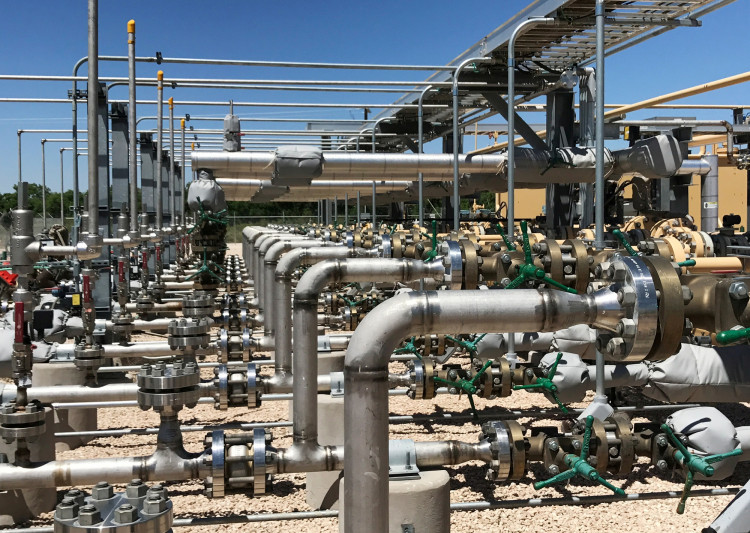OPEC+ main member countries are set to hold their bi-monthly meeting at 2 p.m. in Vienna to evaluate the state of the global oil market. Concurrently, Saudi Arabia will consider whether to continue its unilateral production cuts.
According to Bloomberg, traders are largely predicting that Saudi Arabia will extend its reduction of 1 million barrels per day for another month until September. This is due to the persistent fragility of crude oil prices, despite signs indicating that the global market is beginning to tighten.
In addition, reports claim that Russia's Deputy Prime Minister Novak stated Russia plans to cut oil exports by 300,000 barrels per day in September to balance market demand. Following this news, oil prices saw a modest increase, with Brent crude futures rising by 0.83%, priced at 83.89 per barrel.
Last month, Saudi Arabia and Russia joined forces to boost oil prices. Even after OPEC had made significant production cuts, Saudi Arabia continued to take unilateral action, announcing through official media that it would voluntarily extend its production cuts until August.
On the same day, Russian Deputy Prime Minister Novak announced that Russia would reduce oil exports by an additional 500,000 barrels per day in August. Based on his recent statement, Russia also plans to further cut oil production by 500,000 barrels per day in August. After these decisions were announced, oil prices soared.
Earlier this week, Brent crude oil futures briefly rose above $85 per barrel, a three-month high, but have since receded.
Analysts suggest that even such price levels may be too low for Saudi Arabia, which requires an oil price of $100 per barrel to cover government expenses.
Raad Alkadiri, the managing director at consulting firm Eurasia Group, suggested that given the well-balanced state of the crude oil market, it is expected that Saudi Arabia will act as scheduled, maintaining its production levels until September. After witnessing a rebound in oil prices and a shift in market sentiment, Saudi Arabia does not want to disrupt the situation by restoring supply of 1 million barrels per day, and the market currently expects this reduction to continue.
Furthermore, Bloomberg reports suggest that according to oil tanker tracking and refining data, Russia is honoring its commitment to cut production.






